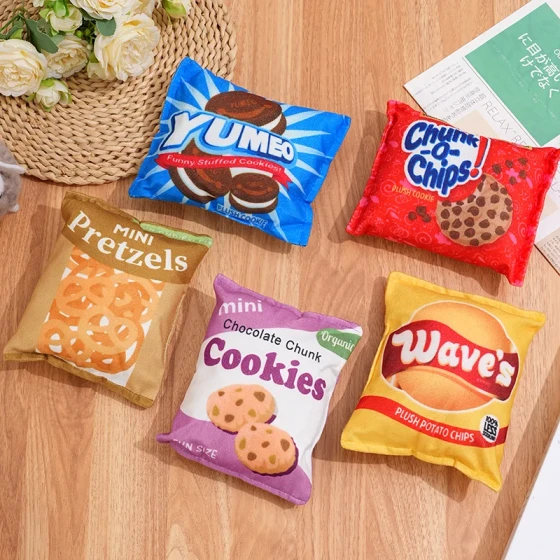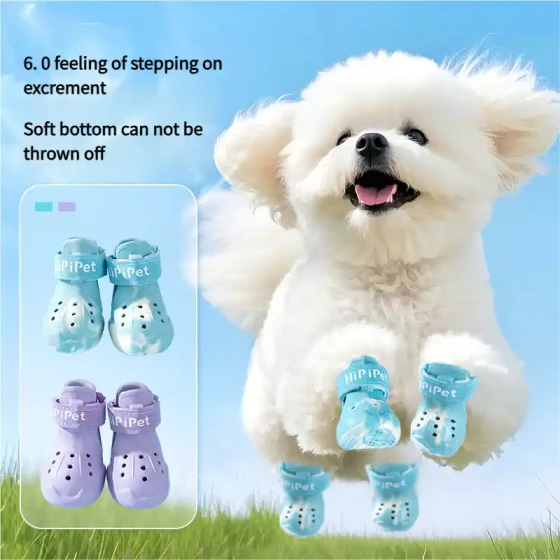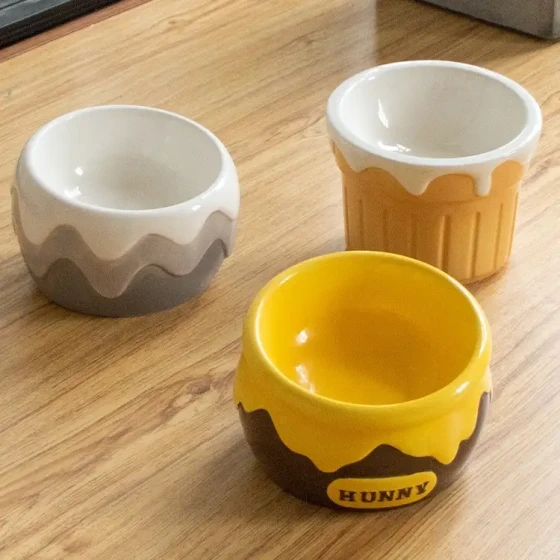How to Train Dogs to Excrete Properly

Not every dog can obediently and properly urinate and defecate; there will always be some dogs without these habits. Next is how to train dogs to excrete properly!
Rules
Do not excrete randomly inside the house; this is the most basic rule for training dog obedience. If your beloved dog has not learned these basics, then it is unrealistic to expect to teach it other advanced tricks. As the saying goes, "Train at three years old, follow for eighty." The most important time to train urination is during puppyhood to one year old. During this period, owners should patiently and lovingly train repeatedly. Most puppies can complete urination training before eight months old. Actually, dogs are clean and habitual animals. Dogs older than eight months usually rarely "go" near their kennels unless they are always confined or tied up, making them defecate nearby. If you let puppies urinate anywhere at first, they will become "unrestrained" later.
Designate a "twelve-yard shooting area" and "prohibited areas"
First, designate a specific area in the home for your dog as a "twelve-yard shooting area," and other parts of the home are "prohibited areas." Since most owners do not have very large houses, the bathroom or corners will be the first choice. In the dog toilet area, prepare clean newspapers with the scent of the dog's feces, paper scraps with urine odor (urine scent agents can be purchased in pet stores), or a dog litter box.
Dogs usually feel the urge to excrete just after waking up or after meals. When a dog wants to go to the toilet, it will sniff around the ground first, walk two or three circles, then sit down to "go." At this moment, you should immediately take it to the designated area to "go." Before taking your dog to "go," it’s best to ask, "Do you want to pee or poop?" With patience and repeatedly asking for one to four weeks, even slower-learning dogs will understand your meaning and soon will respond. Then they will automatically run to the bathroom door, waiting for you to open it. Training dogs to respond when you ask if they want to "go" can serve as communication and show care, and also cultivate good habits in other areas; owners should implement this.
Immediate punishment
If you find a puppy performing "offenses" in the "prohibited area" inside the house, you should loudly stop it and take it to the designated place. After finishing, lightly pet and praise it as encouragement. If unfortunately, you fail to stop it immediately, you should press the dog’s nose onto where it urinated, loudly scold or hit its bottom as punishment. Remember, the punishment should be immediate, right when the "crime" occurs to ensure the dog understands why it is punished. Do not punish long after the event, as this will confuse the dog. When training puppies, please give them more patience, love, and time because they will accompany you forever.
Notes on excretion habit training:
The dog owner has the obligation to prevent the puppy from excreting randomly, and if the puppy excretes in public places, it should be cleaned up. Some small scoops for manure removal are sold in stores. Once the dog arrives at your home, you should start toilet training and persist until successful (around 12 weeks to 6 months old).
Try to make your dog excrete regularly, and schedule feeding and exercise accordingly. (Source: PetsZone)
-560x560.webp)


